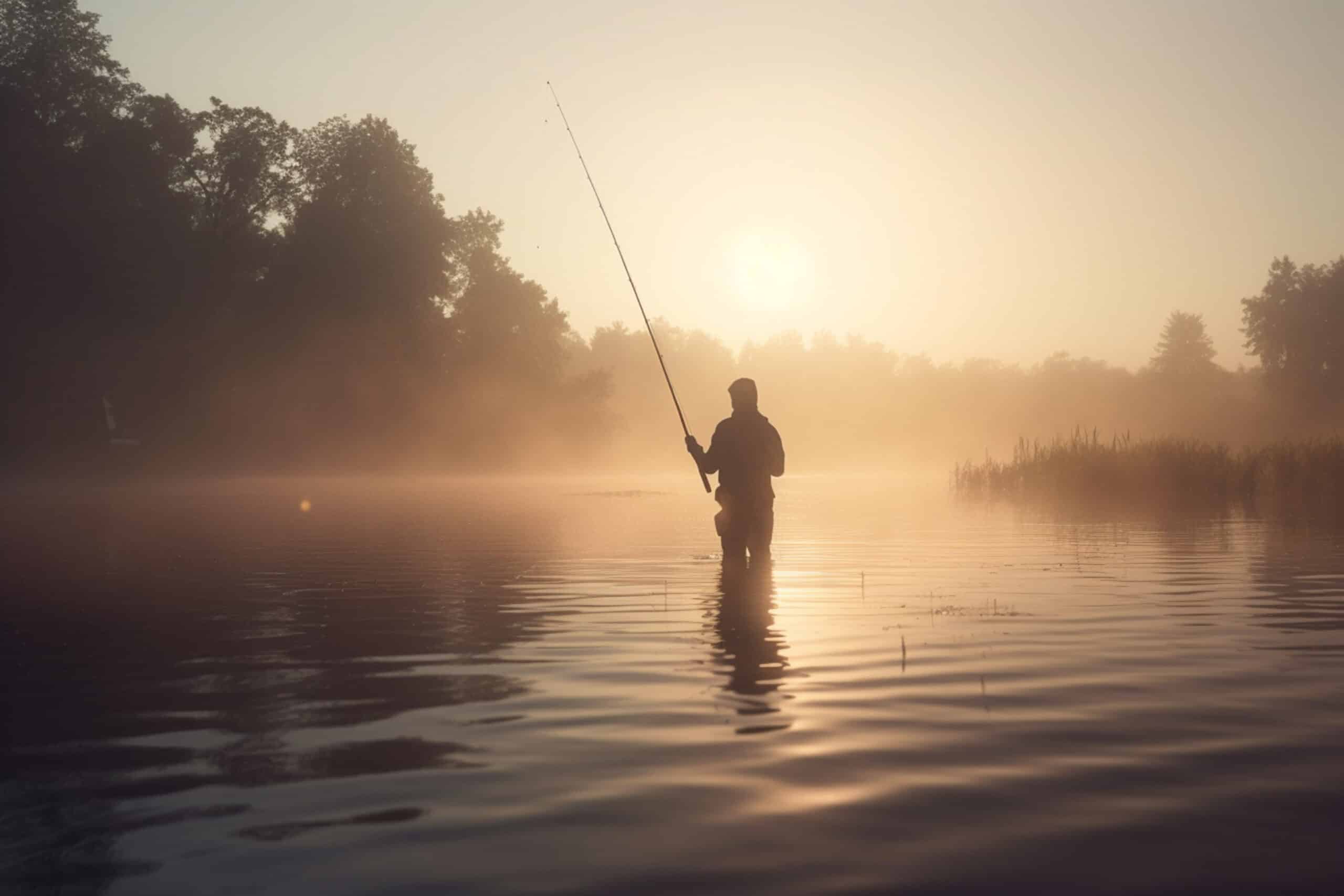Is it Better to Fish in a Lake or River?
Key Takeaways
- Lakes are often more accessible than rivers, allowing for easy exploration and increased chances of finding fishing spots
- Lakes have greater depths and a larger variety of fish species, providing a better habitat and more excitement for anglers
- Rivers offer a dynamic environment with current, potential for larger fish, and a more natural and scenic setting
Fishing is a popular recreational activity that offers a great opportunity to relax, enjoy nature, and catch some fish. Whether you choose to fish in a lake or a river, both options have their own unique advantages and disadvantages. In this article, we will explore the benefits and drawbacks of fishing in a lake versus fishing in a river, helping you make an informed decision on where to cast your line.
Advantages of Fishing in a Lake
Lakes are often more accessible than rivers, as they can be reached via water routes. This means you can easily use a boat or kayak to explore different areas of the lake, increasing your chances of finding productive fishing spots. Additionally, lakes provide a more stable and consistent fishing environment due to the lack of current. This makes it easier to control your bait or lure presentation and increases the likelihood of attracting fish.
Lakes can also have greater depths compared to rivers, providing a better habitat for fish. The deeper waters offer more hiding spots for fish, allowing them to grow larger and offer a better challenge for anglers. Moreover, lakes often have a larger variety of fish species compared to rivers. This diversity allows you to target different types of fish, increasing the excitement and unpredictability of your fishing experience.
Fishing in a lake may also require less skill and patience compared to river fishing. Due to the relative stability of lakes, it may be easier to locate and catch fish. This can be especially beneficial for beginners or anglers who prefer a more relaxed fishing experience.
Advantages of Fishing in a River
Rivers offer their own set of advantages when it comes to fishing. One significant advantage is the presence of current. The flowing water in rivers creates a more dynamic environment, which can attract fish and make them more active. The current also helps disperse the scent of bait or lures, making them more enticing to fish.
Another advantage of fishing in a river is the potential for larger fish. Rivers often have a higher concentration of nutrients and food sources, leading to healthier fish populations. Additionally, some species of fish, such as salmon and trout, are known to migrate upstream in rivers to spawn, providing excellent opportunities for anglers.
Furthermore, rivers offer a more natural and scenic setting for fishing. The sound of flowing water, the lush vegetation along the banks, and the diverse wildlife create a serene and immersive fishing experience.
Disadvantages of Fishing in a Lake vs a River
While fishing in a lake has its advantages, there are also a few drawbacks to consider. Lakes can become crowded, especially during peak fishing seasons, making it harder to find a secluded and peaceful fishing spot. Additionally, the lack of current in lakes can make it more challenging to attract fish, as your bait or lure may not be as easily noticed without the assistance of flowing water.
Fishing in a river also has its share of disadvantages. The presence of current can make fishing more challenging, as it requires greater skill and technique to control your line and presentation. The constantly changing water conditions in rivers can also affect fish behavior, making them more unpredictable and harder to locate.
Conclusion
So, is it better to fish in a lake or river? The answer depends on your personal preferences and fishing goals. Both lakes and rivers offer unique advantages and disadvantages, providing different fishing experiences. If you prefer a more accessible, stable, and diverse fishing environment, a lake may be the ideal choice for you. On the other hand, if you enjoy the dynamic nature of flowing water, the potential for larger fish, and a more natural setting, then fishing in a river may be more appealing.
Ultimately, the best way to decide is to try both options and see which one resonates with you. Remember, fishing is about enjoying the experience and connecting with nature, so choose the option that brings you the most joy and satisfaction.
Related Websites:
FAQs:
Q: What are the advantages of fishing in a lake?
Fishing in a lake offers the potential for larger fish species due to the size and ecosystem. It also provides a more peaceful fishing experience with calmer waters. Additionally, there are diverse fishing spots available within one area.
Q: What are the disadvantages of fishing in a lake?
Fishing in a lake can be more challenging as fish may be more difficult to locate in a larger body of water. Weather conditions can also affect lake fishing. Furthermore, popular fishing spots in lakes may become overcrowded.
Q: What are the benefits of fishing in a river?
Fishing in a river offers a constant flow of water that provides a natural feeding ground for fish. It is easier to locate fish in rivers due to narrower and more defined channels. Rivers also often offer a wider range of fish species.
Q: What are the drawbacks of fishing in a river?
Fishing in a river can be more challenging due to stronger currents and rapids. There may be limited access to fishing spots in certain areas. Additionally, river pollution can potentially affect fish populations.
Q: What factors should I consider when deciding between fishing in a lake or river?
When deciding between fishing in a lake or river, consider factors such as your fishing goals and preferences, the targeted fish species, preferred fishing techniques, ease of access and convenience, and local regulations and permits.






